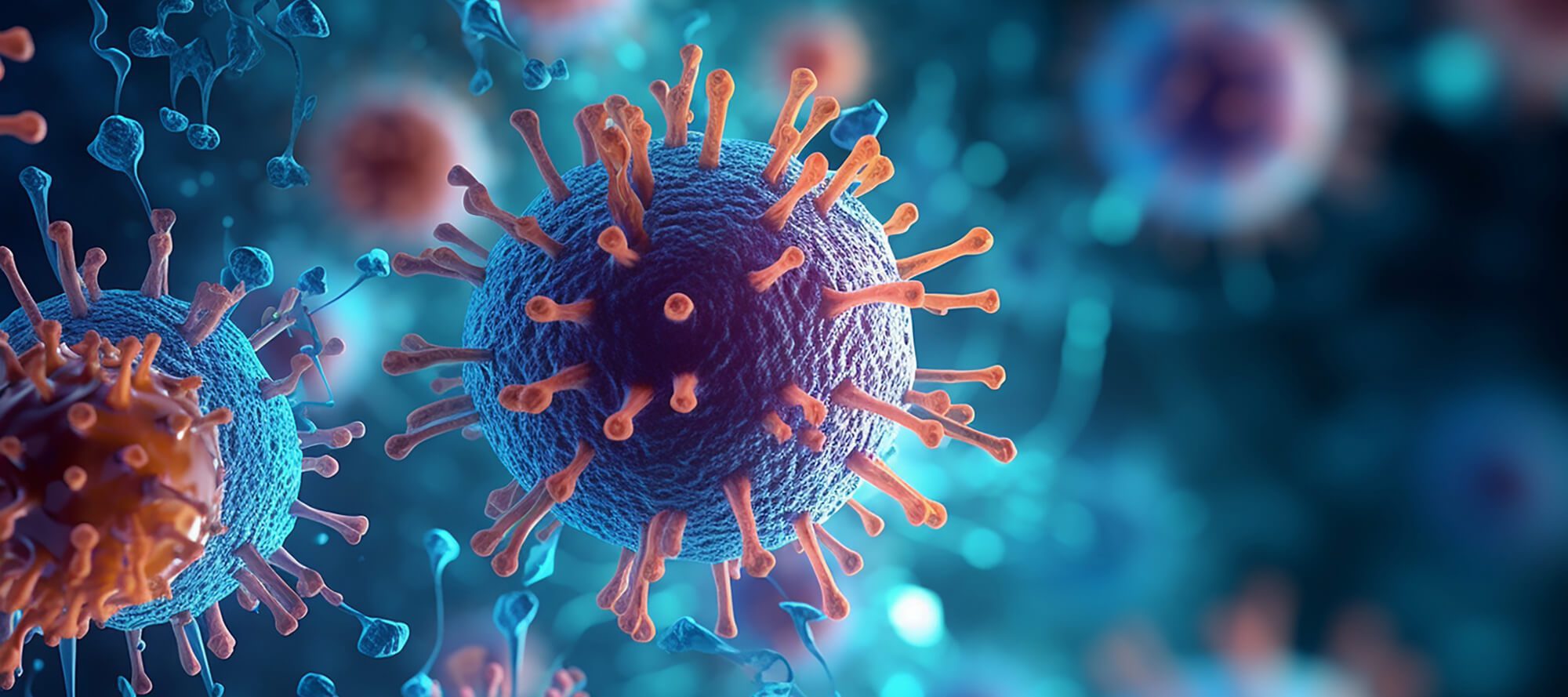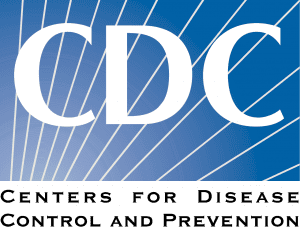- Effectiveness of Historical Smallpox Vaccination against Mpox Clade II in Men in Denmark, France, the Netherlands and Spain, 2022
Overall findings suggest that there is residual cross-protection by historical smallpox vaccination against mpox caused by MPXV clade II in men. However, there is high uncertainty and heterogeneity in the country-specific estimates, making this evidence insufficient to support differential smallpox vaccination to protect against mpox depending on prior childhood vaccination or age. Individuals at high-risk of exposure should be offered mpox vaccination, in line with national recommendations, regardless of prior smallpox vaccine history, until further evidence becomes available. There is an urgent need to conduct similar studies on smallpox vaccine effectiveness against MPXV clade I in Sub-Saharan countries currently affected by the MPXV clade I outbreak, including female if sample size allows.
- Pemivibart is Less Active against Recent SARS-CoV-2 JN.1 Sublineages
This was data generated by looking at pseudovirus neutralization assays. There is also some interesting structural analysis to try to understand how the amino acid changes in the spike protein will impact the virus neutralization by this monoclonal antibody. El findings show that pemivibart has lost substantial neutralizing activity in vitro against KP.3.1.1, the most rapidly expanding lineage of SARS-CoV-2 today. Close monitoring of its clinical efficacy is therefore warranted. These results also highlight the imperative to expand our arsenal of preventive agents to protect millions of immunocompromised individuals who could not respond robustly to COVID-19 vaccines.
- U.S. Real-World Effectiveness Study of Nirmatrelvir/Ritonavir in Preventing Hospitalization of High-Risk COVID-19 Patients
This is data from an ongoing US population-based observational cohort study with retrospective and prospective collection of national electronic healthcare data collected from the US Optum® de-identified COVID-19 Electronic Health Record dataset during December 22, 2021−July 20, 2022. Hospitalization rates within 30 days from COVID-19 diagnosis were evaluated. Overall, 12,440 and 234,123 patients were included in the NMV/r and non-NMV/r groups, respectively. After propensity score matching, baseline characteristics were well balanced across groups (NMV/r, n=12,439; non-NMV/r, n=36,490). Incidence of hospitalization (95% CI) within 30 days was 0.90% (0.74%−1.08%) for the NMV/r group and 5.91% (5.67%−6.16%) for the non-NMV/r group, with relative risk (95% CI) of 0.15 (0.13−0.18; 85% risk reduction). This study looked at patients that had to have ≥1 characteristic or underlying medical condition associated with increased risk of developing severe COVID-19 in the year before cohort entry.
- COVID-19 and Mental Illnesses in Vaccinated and Unvaccinated People
This study was conducted in three cohorts, one before vaccine availability followed during the wild-type/Alpha variant eras (January 2020-June 2021) and two (vaccinated and unvaccinated) during the Delta variant era (June-December 2021). This is data from the OpenSAFELY-TPP which has linked data from 24 million people registered with general practices in England using TPP SystmOne. People registered with a GP in England for at least six months and alive with known age between 18 and 110 years, sex, deprivation index information, and region at baseline were included. People were excluded if they had COVID-19 before baseline. Data were analyzed from July 2022 to June 2024. Adjusted hazard ratios (aHRs) comparing the incidence of mental illnesses after diagnosis of COVID-19 with the incidence before or without COVID-19 for depression, serious mental illness, general anxiety, posttraumatic stress disorder, eating disorders, addiction, self-harm, and suicide. In this study, depression, serious mental illness, general anxiety, posttraumatic stress disorder, eating disorders, addiction, self-harm, and suicide were elevated during weeks one through four after COVID-19 diagnosis compared with before or without COVID-19. Incidence was lower in people who were vaccinated when they had COVID-19 and incidence was higher, and persisted longer, after hospitalization for COVID-19. The findings support recommendation of COVID-19 vaccination in the general population and particularly among those with mental illness, who may be at higher risk of both SARS-CoV-2 infection and adverse outcomes following COVID-19. - Post-acute COVID-19 Outcomes Including Participant-reported Long COVID: Amubarvimab/romlusevimab versus Placebo in the ACTIV-2 Trial
Non-hospitalized high-risk adults within 10 days of COVID-19 symptom onset enrolled in a randomized, double-blind, placebo-controlled phase 2/3 trial of amubarvimab/romlusevimab for COVID-19 treatment. Late symptoms, assessed using a participant-completed symptom diary, were a pre-specified exploratory endpoint. The primary outcome for this analysis was the composite of Long COVID by participant self-report (presence of COVID-19 symptoms as recorded in the diary at week 36) or hospitalization or death by week 36. Participants received amubarvimab/romlusevimab (n = 390) or placebo (n = 390) between January and July 2021. Amubarvimab/romlusevimab treatment, while highly effective in preventing hospitalizations/deaths, did not reduce risk of Long COVID.
Situation Dashboards

World Health Organization (WHO)
Novel Coronavirus (COVID-19) Situation from World Health Organization (WHO)

Johns Hopkins University (JHU)
Coronavirus COVID-19 Global Cases by the Center for Systems Science and Engineering (CSSE) at JHU

COVID-19 in US and Canada
1Point3Acres Real-Time Coronavirus (COVID-19) Updates in US and Canada with Credible Sources

Genomic Epidemiology COVID-19
Genomic Epidemiology of (COVID-19) Maintained by the Nextstrain team, enabled by data from GISAID.





